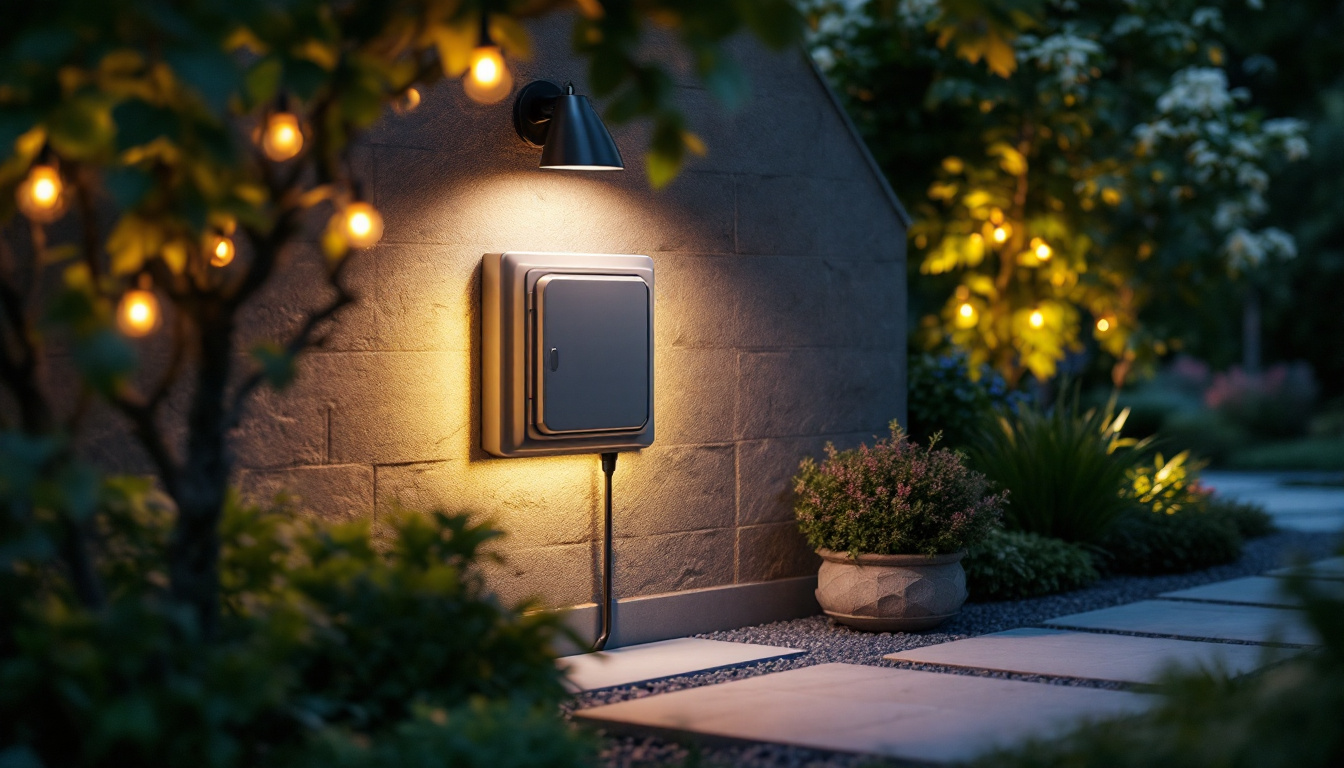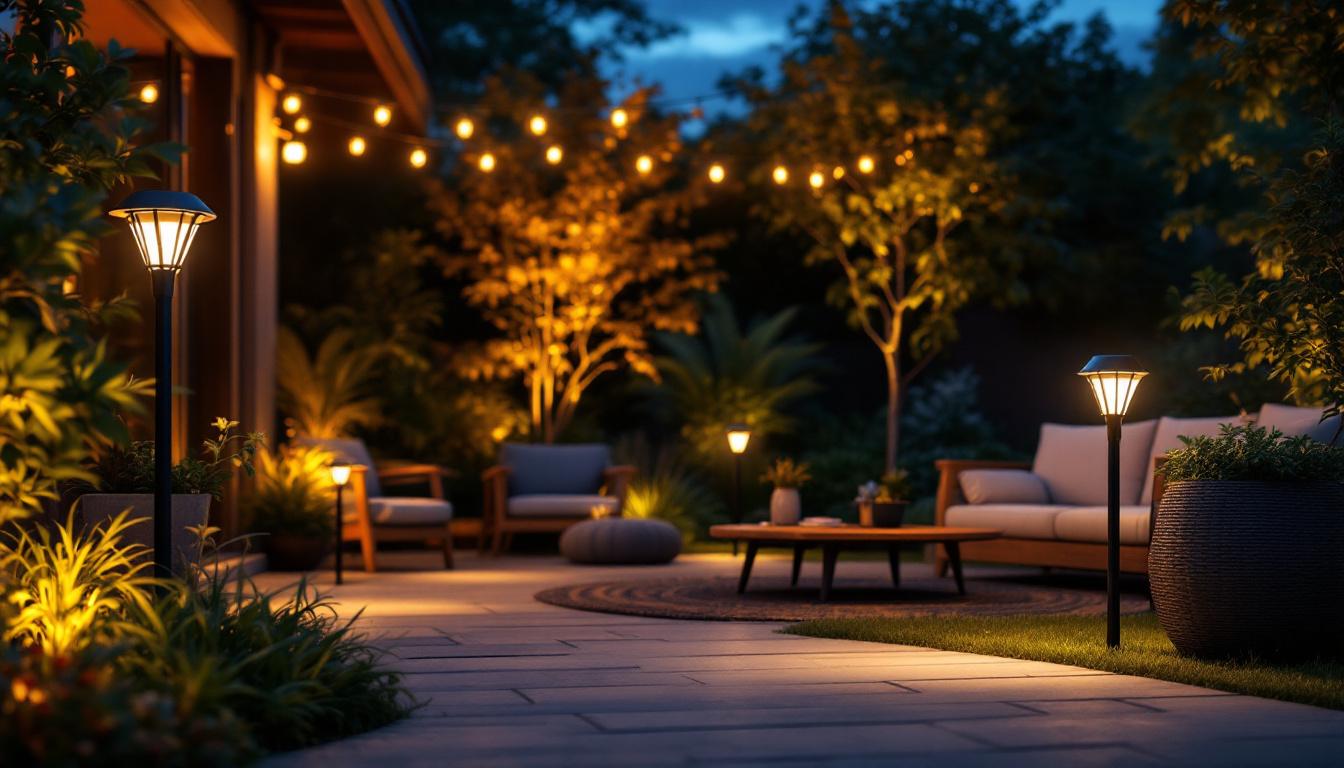
As a lighting contractor, understanding the importance of junction box covers is crucial for ensuring safety and compliance in electrical installations. Junction box covers serve as protective barriers, safeguarding electrical connections from dust, moisture, and accidental contact. However, there are specific guidelines to follow when it comes to selecting and installing these covers. This article will outline the essential do’s and don’ts for lighting contractors, helping to enhance both safety and efficiency in your projects.
Junction box covers play a vital role in electrical systems. They protect wiring connections and prevent exposure to environmental elements. Furthermore, they help maintain the integrity of the electrical system by minimizing the risk of short circuits and electrical fires. Without these covers, the risk of accidental contact with live wires increases significantly, posing a serious danger to both individuals and property.
In addition to safety, junction box covers contribute to the overall aesthetics of a space. A properly installed cover can blend seamlessly with the surrounding environment, enhancing the visual appeal of a lighting installation. For instance, decorative covers can be used in residential settings to match the interior design, while more robust industrial covers can provide a sleek look without compromising functionality.
Safety should always be the top priority for lighting contractors. Junction box covers help to prevent accidental contact with live wires, which can lead to severe injuries or fatalities. Ensuring that covers are securely installed and compliant with local electrical codes is essential for maintaining a safe work environment. Additionally, regular inspections of junction box covers can help identify wear and tear, ensuring that they continue to provide the necessary protection over time.
Moreover, using the correct type of cover for specific applications can prevent potential hazards. For example, outdoor installations require weatherproof covers to protect against moisture and debris. Understanding the requirements for different environments is key to ensuring safety. In areas prone to extreme weather conditions, such as heavy rain or snow, selecting covers that are rated for those specific conditions can significantly reduce the risk of electrical failures.
Compliance with local and national electrical codes is non-negotiable for lighting contractors. Junction box covers must meet specific standards to ensure safety and reliability. Familiarity with these codes not only protects clients but also enhances the contractor’s reputation. This adherence to regulations demonstrates professionalism and a commitment to quality, which can lead to repeat business and referrals.
Regularly reviewing code updates and changes is essential for staying informed. This knowledge helps contractors make informed decisions regarding junction box covers and other electrical components. Additionally, participating in training sessions or workshops can provide valuable insights into best practices and emerging technologies in the field. By staying current with industry standards, contractors can ensure that their installations are not only safe but also efficient and up to date with the latest advancements in electrical safety and design.
Implementing best practices when working with junction box covers can significantly improve the quality of electrical installations. Here are some essential do’s that every lighting contractor should follow.
When selecting junction box covers, it is crucial to choose the appropriate material for the specific application. Common materials include plastic, metal, and fiberglass, each offering distinct advantages and disadvantages.
Plastic covers are lightweight and resistant to corrosion, making them ideal for indoor applications. Metal covers, on the other hand, provide durability and strength, suitable for outdoor or high-impact environments. Fiberglass covers are excellent for corrosive environments, ensuring long-lasting protection. Additionally, consider the environmental factors that may affect the material choice, such as exposure to chemicals or extreme temperatures, which can influence the performance and lifespan of the junction box cover.
proper installation of junction box covers is critical for safety and functionality. Covers should be securely fastened to prevent them from becoming dislodged or removed. Additionally, ensure that all screws and fasteners are appropriate for the material of the cover and the junction box.
It is also essential to check that the cover fits snugly over the junction box. Gaps or misalignments can allow dust and moisture to enter, compromising the integrity of the electrical connections. Moreover, using gaskets or seals can enhance the waterproofing and dust-proofing capabilities of the junction box cover, providing an extra layer of protection against environmental elements that could lead to electrical failures.
Regular inspections of junction box covers and the associated wiring are vital for maintaining safety and compliance. Contractors should schedule periodic checks to ensure that covers remain secure and in good condition.
During inspections, look for signs of wear, corrosion, or damage. Addressing these issues promptly can prevent more significant problems down the line and ensure the longevity of the electrical system. Additionally, keeping detailed records of inspections and maintenance can help in identifying patterns of wear and can be beneficial for future troubleshooting. This proactive approach not only enhances safety but also fosters trust with clients, as they can see that their electrical systems are being monitored and maintained with diligence and care.
While there are many best practices to follow, there are also common pitfalls that lighting contractors should avoid when working with junction box covers. Here are some critical don’ts to keep in mind.
Using covers that are not compatible with the junction box can lead to serious safety issues. For example, using a cover designed for a different type of box may result in improper sealing, leaving electrical connections exposed to moisture and debris.
Always verify that the junction box cover matches the specifications of the box it is intended for. This includes checking the size, shape, and material compatibility to ensure a proper fit. Additionally, using incompatible covers may also void warranties on both the junction box and the cover itself, leading to costly replacements down the line. It’s essential to keep a catalog of compatible products on hand to streamline the selection process and avoid any mix-ups during installation.
Every junction box cover comes with manufacturer guidelines that outline installation procedures and safety recommendations. Ignoring these guidelines can lead to improper installation and potential hazards.
Contractors should familiarize themselves with these instructions and adhere to them closely. This practice not only ensures safety but also helps maintain the warranty on the product. Furthermore, many manufacturers provide additional resources, such as installation videos or customer support lines, which can be invaluable for troubleshooting any issues that arise during the installation process. Taking advantage of these resources can enhance the quality of work and reduce the likelihood of errors.
Environmental factors play a significant role in the selection of junction box covers. Failing to consider these factors can lead to premature wear and potential safety hazards. For instance, outdoor installations require weatherproof covers to protect against rain, snow, and extreme temperatures.
Additionally, environments with high humidity or corrosive elements may necessitate specialized covers. Always assess the installation environment and choose covers that will withstand the specific conditions. For example, in coastal areas where saltwater corrosion is a concern, stainless steel or specially coated covers may be required to ensure longevity. Moreover, understanding the local climate can help in selecting materials that not only resist environmental damage but also maintain functionality over time, thereby enhancing the reliability of the lighting installation.
Choosing the right junction box cover involves more than just picking a product off the shelf. It requires careful consideration of various factors to ensure optimal performance and safety. Here are some best practices to follow.
Before selecting a junction box cover, it is essential to assess the application thoroughly. Consider factors such as the location of the installation, the type of lighting fixtures being used, and the potential exposure to environmental elements.
For indoor applications, standard plastic covers may suffice. However, outdoor installations or areas prone to moisture may require weatherproof or corrosion-resistant covers. Understanding the specific requirements will lead to better choices and enhanced safety.
When in doubt, consulting with industry experts can provide valuable insights into the best junction box covers for specific applications. Manufacturers, suppliers, and experienced contractors can offer recommendations based on their knowledge and experience.
Networking with other professionals in the field can also lead to discussions about best practices and emerging trends. Staying informed about the latest developments in junction box cover technology can improve overall project outcomes.
Staying updated with industry standards and best practices is essential for lighting contractors. This includes understanding the latest electrical codes, safety regulations, and product innovations.
Participating in continuing education and training programs can enhance knowledge and skills. This commitment to professional development ensures that contractors remain competitive and capable of delivering high-quality work.
Junction box covers are a critical component of electrical installations, particularly in the lighting industry. By following the do’s and don’ts outlined in this article, lighting contractors can ensure safety, compliance, and efficiency in their projects.
Choosing the right materials, ensuring proper installation, and conducting regular inspections are essential practices for maintaining the integrity of electrical systems. Conversely, avoiding incompatible covers, ignoring manufacturer guidelines, and overlooking environmental factors can lead to significant risks.
Ultimately, staying informed about industry standards and best practices will empower lighting contractors to make informed decisions regarding junction box covers. This knowledge not only enhances safety but also contributes to the overall success of lighting projects.
Ready to elevate your lighting installations with the highest quality junction box covers and lighting products? Look no further than LumenWholesale. Our extensive selection of spec-grade lighting solutions is designed to meet the rigorous demands of any project, ensuring safety, compliance, and efficiency. With unbeatable wholesale prices and the convenience of free shipping on bulk orders, you can trust LumenWholesale to provide premium lighting without the premium price tag. Don’t compromise on quality or value—Wholesale Lighting at the Best Value is just a click away. Make the smart choice for your lighting needs today.

Discover innovative ways to enhance your home’s lighting by utilizing the often-overlooked electric box outside.

Discover essential tips for lighting contractors to enhance outdoor spaces with solar lighting.

Discover the essential steps and insider tips for changing fluorescent tubes with ease.

Illuminate your outdoor spaces efficiently with our comprehensive guide on the best commercial solar lights.